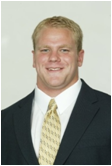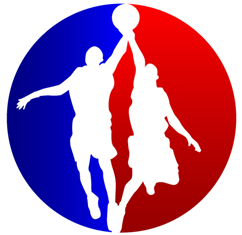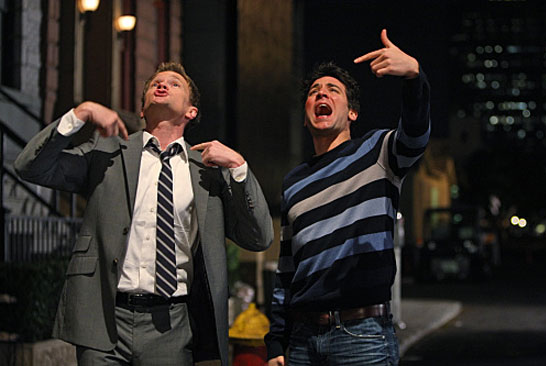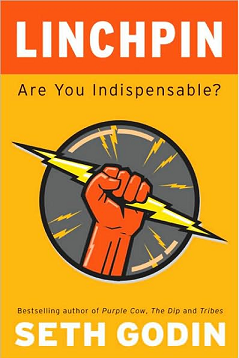BSMPG is proud to announce that Brian McCormick, Founder of Youth Basketball Coaching Association and Performance Director, Train for Hoops will join Brandon Ziegler at the BSMPG Basketball Specific Conference featuring Dr. Shirley Sahrmann as a keynote speaker next June 3rd and 4th, 2011.

McCormick is a basketball coach, trainer and author. He coached the Visby Ladies in the Swedish Damligan (women's pro league) and UCD Marian in Ireland's Men's SuperLeague. He also has coached youth, AAU, and high school teams and assisted at the junior college and college levels in California. As a coach and clinician, he has traveled to Canada, China, Greece, Macedonia, Morocco, South Africa and Trinidad & Tobago to direct camps or speak at clinics.
McCormick is a certified strength coach through National Strength & Conditioning Association (CSCS), National Academy of Sports Medicine (PES) and USA Weightlifting (SPC).
As the Performance Director for Train for Hoops, McCormick wrote a year-round periodized general strength training and off-season skill development program for youth and high school players and maintains a blog that covers all areas of player development.
After publishing Cross Over: The New Model of Youth Basketball Development in 2006, he founded the Youth Basketball Coaching Association to create a certification and coach education curriculum for volunteer youth basketball coaches.
McCormick also transformed another of his nine books, Developing Basketball Intelligence, into a developmental league, Playmakers Basketball Development League, which operates in more than six states in 2010.
McCormick lives in Irvine where he works as a personal train at the U.C. Irvine Recreation Center, trains local high school basketball players and writes the free weekly Hard2Guard Player Development Newsletters. To subscribe, email hard2guardinc@yahoo.com or follow Brian on twitter @brianmccormick.
Articles:
Play Multiple Sports to Build Athleticism
Core Stability and Basketball Training
ACL Review: Teaching The Jump Stop










